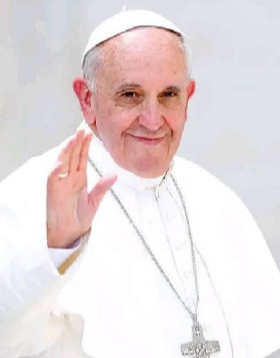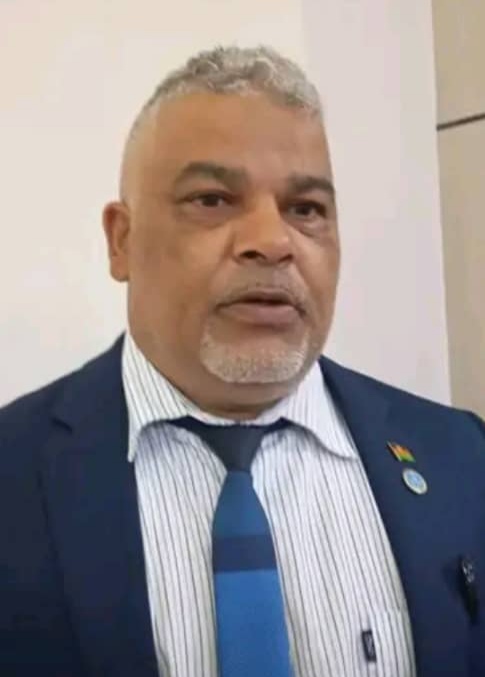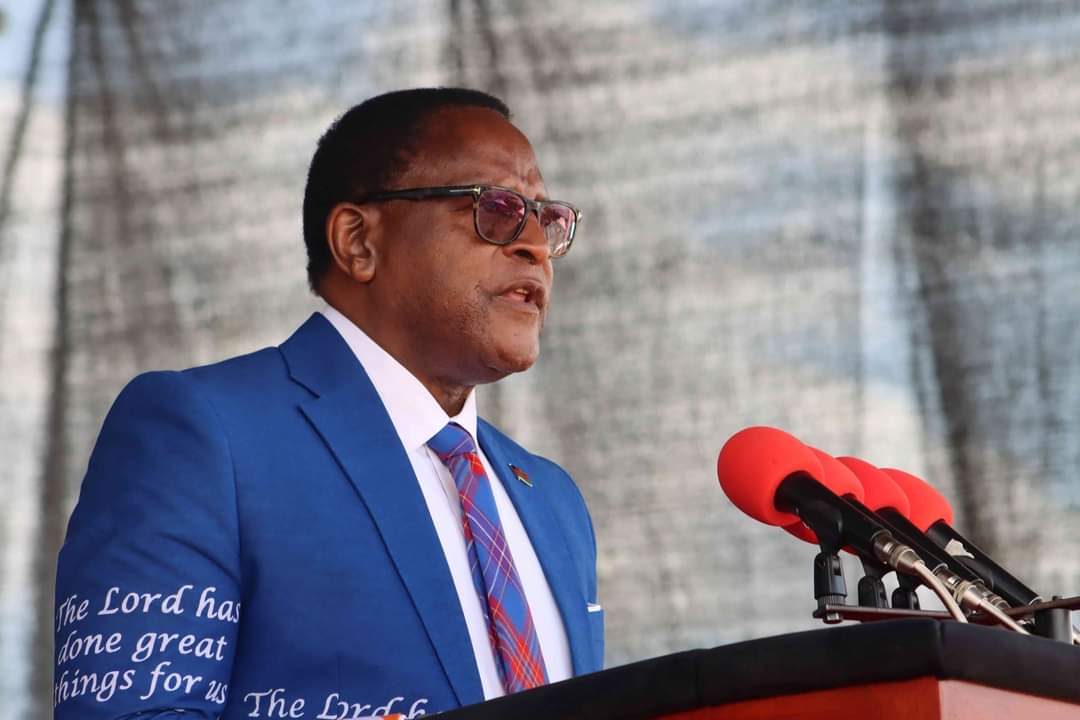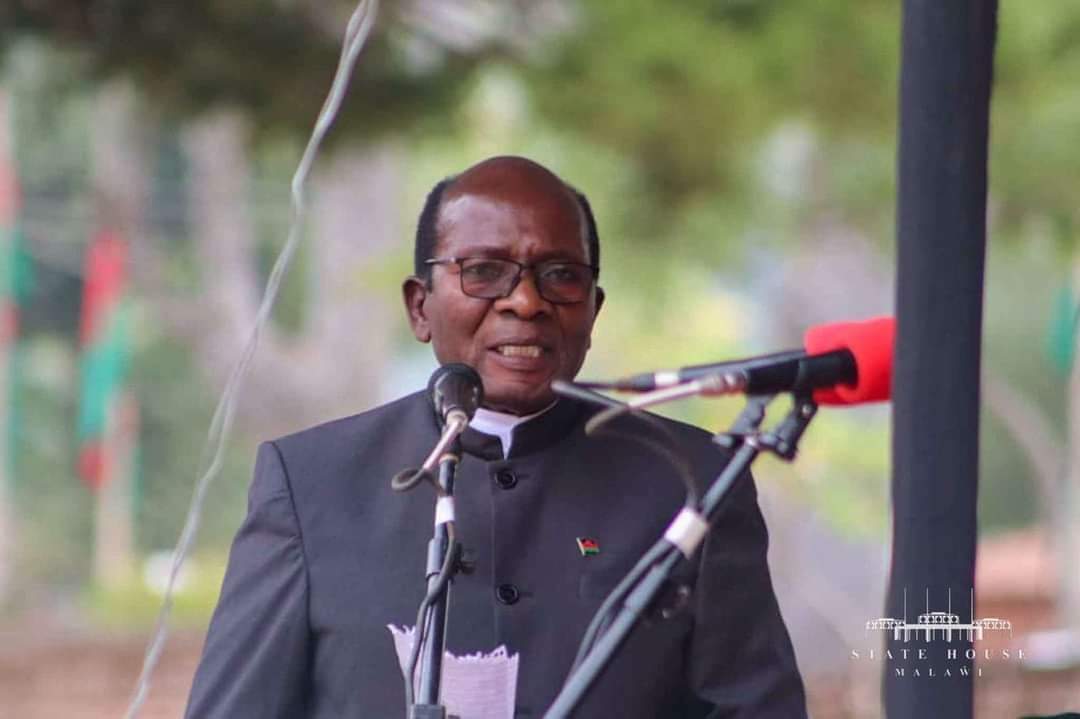By Rick Dzida
Born in Argentina on December 17, 1936, Jorge Mario Bergoglio passed away on April 21, 2025 due to a stroke and heart attack. In 2013, he became Pope Francis and was the first Jesuit and South American pope. His influence extended beyond the Catholic Church and had a global impact, leaving behind a significant legacy to be commemorated. Additionally, the Pope was also proficient in multiple languages including Italian, German, Latin, Portuguese, and English.
Pope of peace
For starters, Pope Francis was a true advocate of peace. He stressed the significance of nonviolent politics for promoting peace in his 2017 World Day of Peace address.
Pope Francis consistently advocated for disarmament and the eradication of nuclear weapons. In his 2014 speech at the Conference on the Humanitarian Impact of Nuclear Weapons, he urged leaders to take steps towards eliminating these arms.
Furthermore , in his 2025 message, Pope Francis emphasized the role of forgiveness and mercy in attaining peace, proposing three actions to pave the way: international debt forgiveness, abolishment of the death penalty, and creation of a World Fund to combat hunger.
Pope of love
Pope Francis consistently demonstrated his message of love through various actions and gestures.
Pope Francis was a true advocate of the tradition of washing the feet of prisoners, refugees, or people from diverse backgrounds on Holy Thursday symbolizing unconditional love, humility and service.
Pope Francis emphasized the importance of gratitude and appreciation in daily life, encouraging people to recognize and appreciate the blessings they receive.
Pope of interfaith dialogue
Pope Francis made interfaith dialogue a cornerstone of his papacy. He engaged with leaders from various religious traditions, promoting mutual respect and understanding.
His historic meeting with the Grand Imam of Al-Azhar, Ahmed el-Tayeb, in 2019 exemplifies his commitment to fostering dialogue and cooperation among different faiths.
Pope of the poor and marginalised
Pope Francis had a deep concern for the poor and marginalized. He consistently highlighted issues of social justice, advocating for the rights of the underprivileged and calling for systemic change to address poverty.
Pope Francis used to visit marginalized communities, such as migrants, refugees, and those affected by poverty, to show compassion and solidarity.
Pope Francis was a vocal advocate for social justice, emphasizing the importance of caring for the poor, vulnerable, and marginalized.
Pope Francis reached out to those in need by visiting and comforting the sick, the elderly, and those affected by natural disasters.
Pope of hope
In times of despair, Pope Francis was a beacon of hope. He encouraged people to look beyond their current struggles and to trust in God’s promise of renewal and redemption.
For instance, his messages during the COVID-19 pandemic where he called for solidarity and resilience inspired many to find hope in difficult circumstances.
Pope of Humility
Pope Francis was also known for his humble approach to leadership. He chose the name Francis in honour of St. Francis of Assisi, who is known for his simplicity and love for the poor.
His way of living which involved residing in a humble home and frequently rejecting the luxuries of papal authority stands out as a compelling illustration of modesty in guiding others.
Pope Francis declared that the key principle for Christians is humility, commonly known as the “golden rule.” He emphasized that personal growth requires a humble attitude and reminds us that God’s love is found through humility citing Jesus’ sacrifice on the Cross as a prime example.
It is also worth mentioning to reiterate that Pope Francis performed the act of washing the feet of prisoners, refugees, and individuals from various walks of life on Holy Thursday serving as a powerful symbol of humbleness and selflessness.
Pope of Servant Leadership
Pope Francis embodied the concept of servant leadership emphasizing that true leadership is about serving others rather than seeking power or prestige.
Pope Francis called on church leaders to be shepherds who care for their flock and he took concrete steps to address issues of clericalism and abuse within the Church.
Pope of Dedication
Pope Francis’s dedication to his mission is evident in his tireless work on behalf of the Church and the world. He addressed pressing global issues such as climate change, migration, and social inequality with unwavering commitment.
Pope Francis’ commitment to sharing the message of the Gospel and promoting fairness and peace motivated numerous people to become actively involved in their local communities and the global society.
Pope of inclusivity and pastoral revolution
Pope Francis emphasized the importance of treating LGBTQ+ individuals with dignity and respect. As a matter of fact, LGBTQ+ is a shortened term for lesbian, gay, bisexual, transgender, queer/questioning individuals, with the “+” symbol indicating additional gender identities or sexual orientations.
Pope Francis gained attention for his statement regarding gay priests in which he questioned his own authority to judge them thereby displaying a more inclusive stance within the Church.
In a documentary released in 2020, Pope Francis expressed support for civil unions for same-sex couples stating that they should have legal protections.
This marked a significant shift in the Vatican’s approach to the issue although he maintained that marriage in the traditional sense is between a man and a woman.
Pope Francis also advocated for greater roles for women within the Church. He appointed women to significant positions in the Vatican and called for a more prominent role for women in decision-making processes.
During Pope Francis’ regime, there have been significant appointments of women to leadership roles in the Vatican, but none as cardinals, archbishops, bishops, or priests in the classical sense, as the Catholic Church reserves ordination to the priesthood and episcopate for men.
However, Pope Francis appointed women to key positions, including Sister Simona Brambilla as the first woman to head a Vatican dicastery specifically the Dicastery for Institutes of Consecrated Life and Societies of Apostolic Life.
Furthermore, Sister Raffaella Petrini is the first woman to serve as president of the Pontifical Commission for Vatican City State and governor of Vatican City State.
Interestingly, Sister Alessandra Smerilli is the Secretary of the Vatican’s Dicastery for Promoting Integral Human Development.
Additionally, Sister Nathalie Becquart happens to the first woman undersecretary of the Synod of Bishops and voting member in a Catholic synod just to mention a few
In conclusion, Pope Francis’ legacy can be celebrated through his unwavering commitment to peace, love, inclusivity, interfaith dialogue, and service to the poor and marginalized. His humility and dedication to the mission of the Church made him a transformative figure in contemporary Catholicism and a voice for hope in a challenging world.




